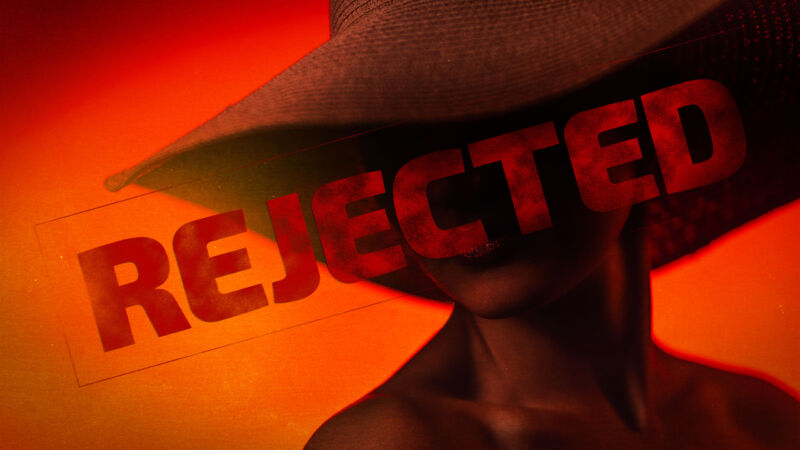
Aurich Lawson | Getty Image
On Wednesday, the IEEE Computer Society announced to members that, after April 1, it would no longer accept papers that include a frequently used image of a 1972 Playboy model named Lena Forsén. The so-called “Lenna image,” (Forsén added an extra “n” to her name in her Playboy appearance to aid pronunciation) has been used in image processing research since 1973 and has attracted criticism for making some women feel unwelcome in the field.
In an email from the IEEE Computer Society sent to members on Wednesday, Technical & Conference Activities Vice President Terry Benzel wrote, “IEEE’s diversity statement and supporting policies such as the IEEE Code of Ethics speak to IEEE’s commitment to promoting an including and equitable culture that welcomes all. In alignment with this culture and with respect to the wishes of the subject of the image, Lena Forsén, IEEE will no longer accept submitted papers which include the ‘Lena image.'”
An uncropped version of the 512×512-pixel test image originally appeared as the centerfold picture for the December 1972 issue of Playboy Magazine. Usage of the Lenna image in image processing began in June or July 1973 when an assistant professor named Alexander Sawchuck and a graduate student at the University of Southern California Signal and Image Processing Institute scanned a square portion of the centerfold image with a primitive drum scanner, omitting nudity present in the original image. They scanned it for a colleague’s conference paper, and after that, others began to use the image as well.

The original 512×512 “Lenna” test image, which is a cropped portion of a 1972 Playboy centerfold.
The image’s use spread in other papers throughout the 1970s, 80s, and 90s, and it caught Playboy’s attention, but the company decided to overlook the copyright violations. In 1997, Playboy helped track down Forsén, who appeared at the 50th Annual Conference of the Society for Imaging Science in Technology, signing autographs for fans. “They must be so tired of me … looking at the same picture for all these years!” she said at the time. VP of new media at Playboy Eileen Kent told Wired, “We decided we should exploit this, because it is a phenomenon.”
The image, which features Forsén’s face and bare shoulder as she wears a hat with a purple feather, was reportedly ideal for testing image processing systems in the early years of digital image technology due to its high contrast and varied detail. It is also a sexually suggestive photo of an attractive woman, and its use by men in the computer field has garnered criticism over the decades, especially from female scientists and engineers who felt that the image (especially related to its association with the Playboy brand) objectified women and created an academic climate where they did not feel entirely welcome.
Due to some of this criticism, which dates back to at least 1996, the journal Nature banned the use of the Lena image in paper submissions in 2018.
The comp.compression Usenet newsgroup FAQ document claims that in 1988, a Swedish publication asked Forsén if she minded her image being used in computer science, and she was reportedly pleasantly amused. In a 2019 Wired article, Linda Kinstler wrote that Forsén did not harbor resentment about the image, but she regretted that she wasn’t paid better for it originally. “I’m really proud of that picture,” she told Kinstler at the time.
Since then, Forsén has apparently changed her mind. In 2019, Creatable and Code Like a Girl created an advertising documentary titled Losing Lena, which was part of a promotional campaign aimed at removing the Lena image from use in tech and the image processing field. In a press release for the campaign and film, Forsén is quoted as saying, “I retired from modelling a long time ago. It’s time I retired from tech, too. We can make a simple change today that creates a lasting change for tomorrow. Let’s commit to losing me.”
It seems like that commitment is now being granted. The ban in IEEE publications, which have been historically important journals for computer imaging development, will likely further set a precedent toward removing the Lenna image from common use. In his email, the IEEE’s Benzel recommended wider sensitivity about the issue, writing, “In order to raise awareness of and increase author compliance with this new policy, program committee members and reviewers should look for inclusion of this image, and if present, should ask authors to replace the Lena image with an alternative.”




















+ There are no comments
Add yours